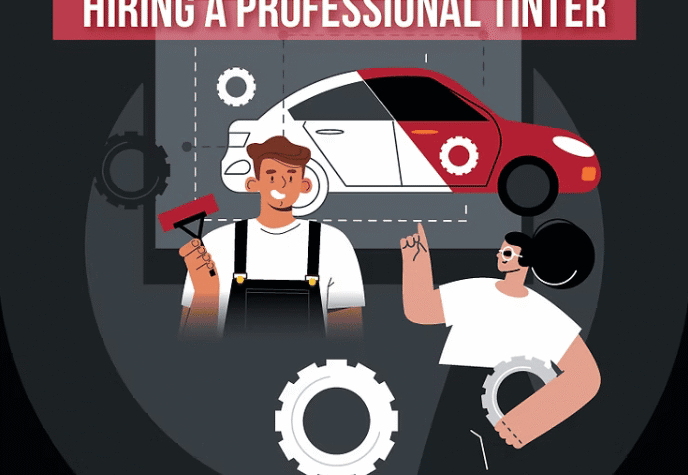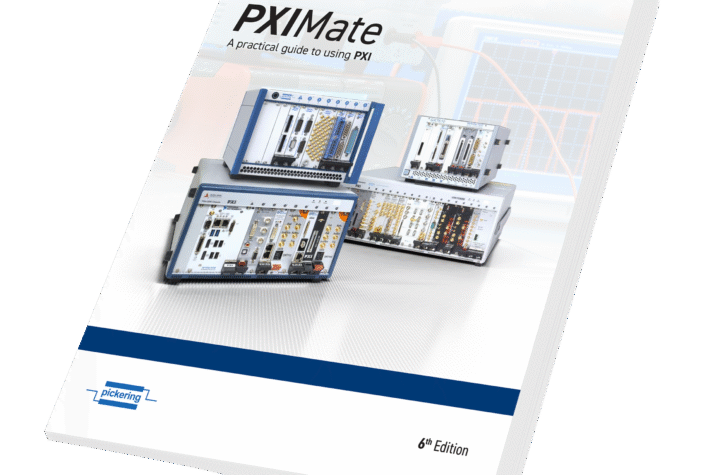
The findings of Booz & Company’s 2012 US Automotive Industry Survey and Confidence Index that confirmed that automotive executives (90% of those responding) describe the current state of the automotive industry as either somewhat better or much better relative to the same time last year.
In February and March of 2012, Booz & Company surveyed more than 200 executives from more than 75 automotive vehicle manufacturers and suppliers. The results point to a new wave of optimism that is overtaking the U.S. auto industry as it rebounds from the depths of the recession and a brutal restructuring. The survey report is attached and here is a link to the release.
A few quick highlights:
• Relative to last year, industry executives are significantly more bullish on the state of the automotive industry; 94 percent of OEMs and 92 percent of suppliers described it as either “somewhat better” or “much better” than last year.
• Automotive executives cite Hyundai/Kia (88 percent) and Volkswagen/Audi (72 percent) as the OEMs most likely to grow market share over the next five years.
• 86 percent of supplier executives and 72 percent of OEM executives say the Detroit Three will maintain or grow market share next year.
• 53 percent of respondents project a U.S. market share of 4 percent or more for Chinese OEMs by 2020.
• With continued government support, 57 percent of respondents believe that alternative powertrains will command more than 10 percent of the market by 2020. However, without continued government support, only 30 percent of respondents have the same expectation.
• Relative to 2011, respondents are significantly more confident in the long-term prospects of full hybrid powertrains (70 percent more confident than last year) and mild hybrid powertrains (65 percent), but less confident in the future adoption of plug-in hybrid (46 percent), battery electric (29 percent), and fuel-cell electric powertrains (25 percent).
• 78 percent of OEM respondents say they are either holding the line on incentives or significantly reducing them.
• 34 percent of suppliers and 50 percent of OEMs say cuts in capacity have left them constrained.
• 55 percent of OEMs and 42 percent of suppliers say they were impacted by the 2011 Japanese earthquake and tsunami, demonstrating how global the U.S. auto supply chain is today












More Stories
Professional vs. DIY Tinting: What You Should Know
New updated edition of “PXIMate” reference guide for T&M engineers available from Pickering Interfaces
5 Mistakes That Can Ruin Your Car Accident Claim